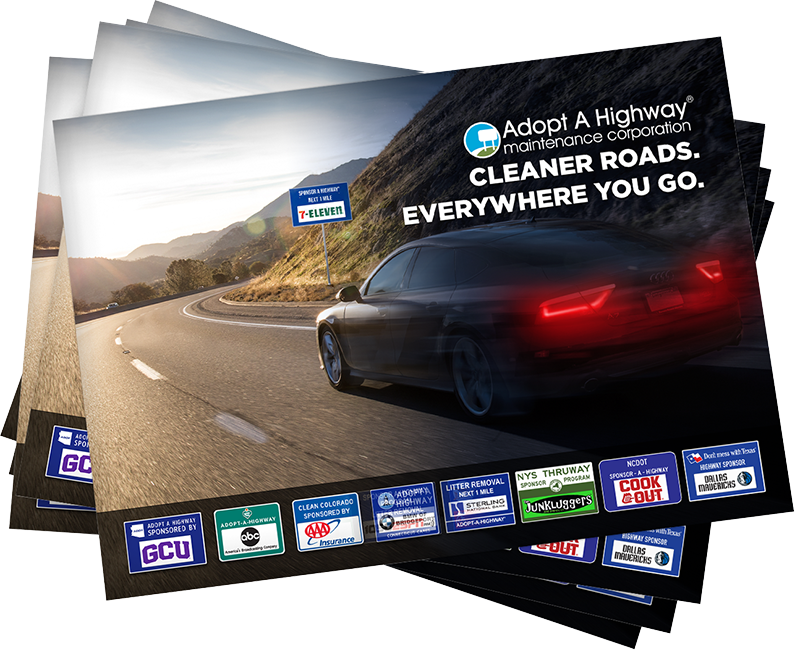the underlying working of
interlacing software
the underlying working of
interlacing software
The Benefits of 3D
Lenticular Printing
The market is moving toward flexible packaging for many reasons; it is consumer-friendly, eco-friendly and economical! In the intense competition for shelf space, flexible packaging can help your product get noticed. Consumers are looking for sustainable packages that keep their products fresh, are easy to open and are re-sealable, and have appealing high-impact graphics. Flexible packaging can do all of those things while also providing sustainability advantages and logistics savings from less space and weight vs. rigid packaging options
Incorporate 3D
Motion Print on
Your Next Project
become our customerIncorporate 3D Motion Print on Your Next Project
Marketers have been using lenticular printing to catch our attention on movie posters to magazine covers.
“Motion cards” have come along way since they started appearing on the sides of cereal boxes in the 1940s.
Thanks to modern printing technology, marketers have been using this unique print technique to catch our attention on everything from movie posters to magazine covers––even large format ads on city streets.

SERVICES
3D Lenticular Printing today
Marketers have been using lenticular printing to catch our attention on movie
posters to magazine covers.

Large Run Offset
3D Printing
The technology of lenticular printing is highly intricate. Only the most high quality printing Los Angeles can offer is able to use it to its fullest potential. Lenticular images are ‘sliced’ into many thin filaments and interspersed with a second, third, or even additional images. These images are then reconstituted by ridged strips of plastic, which reflect different sections depending on the angle which the viewer is looking at it from. This effect is commonly used to convey a sense of animation, but can also be employed for 3D effects. The technical proficiency required by designer and printer alike means that Know Graphics is an LA printing press unlike others in being able to offer to print of this complexity.
Large Format Lenticular 3D
Printing for the Exhibit
and Comicon EXPO
“Motion cards” have come along way since they started appearing on the sides of cereal boxes in the 1940s.
Thanks to modern printing technology, marketers have been using this unique print technique to catch our attention on everything from movie posters to magazine covers––even large-format ads on city streets.
Unlike the simple two-image motion prints of decades ago, today it’s possible to string together a series of images to create a short, compelling visual that stands out against the static background.
So, how do you actually create these unique motion print pieces? It’s called lenticular printing and for those interested in doing something innovative with print, the process is just as interesting as the finished piece.
If you’re new to lenticular printing and interested in integrating motion or 3D prints into your next campaign, we’ve laid out the basics of how it’s done:
Find The Best 3D Lenticular Printing Company
From a marketing psychology perspective, 3D lenticular printing is a highly effective marketing strategy because it provides novelty: the depth of field a consumer’s eye is coaxed into perceiving conveys a different feeling to the hundreds of two dimensional ads that we are bombarded with every day. The additional engagement that this novelty provides can assist in making a more substantial impression on a consumer, and is often partnered with dynamic or shocking material to further impact consumers.
For example, 3D lenticular marketing is often used for movies, video games, and other intense properties, as well as non-profit causes with heavy emotional elements like animal cruelty and child abuse.
Los Angeles and
3D Lenticular
Printing
Local companies use lenticular printing in diverse ways. Some are experimenting with Los Angeles’ poster printing style, particularly Los Angeles’ movie poster printing. Whether they’re in a shopping center, theater lobby, or at a bus stop, these lenticular posters definitely catch the eye and make a serious impression. Other companies are using lenticular printing for different purposes, such as custom business cards Los Angeles employees can use to distinguish themselves from the crowd.
3D Lenticular Printing Services
One of the advantages of lenticular printing is that the depth and sense of movement that it provides creates the kind of effect that can be highly expensive to replicate and distribute. Animation can be extremely pricey to produce, and while ads incorporating flatscreens are becoming more prevalent, they are also still significantly more expensive than printing, Los Angeles ad prices notwithstanding.